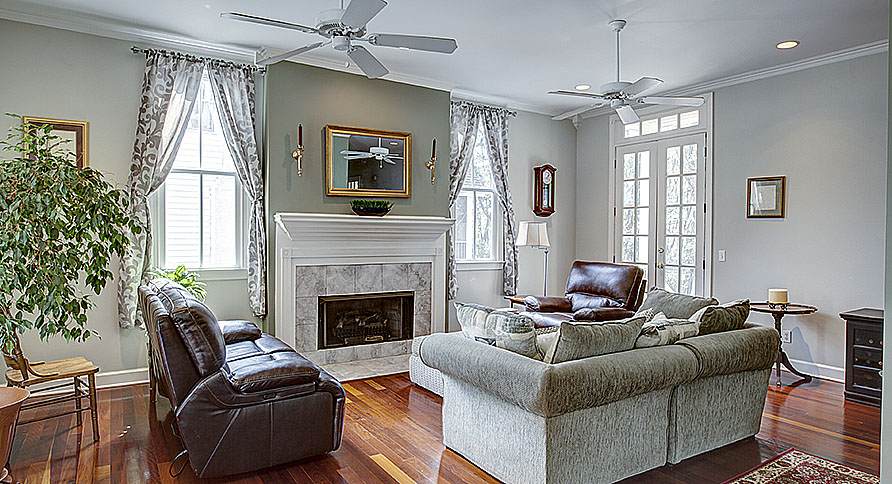Do you know who the biggest enemy of your chimney is? Water!!! Yes, the only culprit that leads to spalling bricks, crumbling mortar joints, structural changes in your chimney and in serious events, house fires and it can be avoided by immediate chimney repair. So, how to avoid these problems altogether? How can you stop water and moisture from entering and seeping inside your chimney? Through waterproofing.
What Is Chimney Waterproofing?
You cannot possibly stop water from seeping inside your chimney but you can waterproof it. Chimney waterproofing means to apply a sealant on the chimney so that the water does not seep through.
Almost 90% of the chimneys are made up of bricks or stone and then bonded or joined by mortar which is a cement type liquid which is poured in between the brick spaces to bond the bricks together. The mortar hardens to give structure to the chimney.
Over time, through age, wear and tear occurs causing structural changes in the chimney and the weakening of the bricks and the mortar. Weather conditions such as rainfall, strong winds, snow fall, ice and storms all cause the water to seep inside the bricks. The bricks are made of clay and are malleable thus soften when they come into contact with moisture causing the water to seep inside the chimney.
The mortar joints are also weakened by water and environmental conditions leading to spalling bricks and crumbly mortar which eventually falls off. This creates gaps and cracks between the bricks through which water can easily penetrate inside the chimney. If waterproofing is not done then the bricks will become completely porous and start absorbing water.
If the chimney is not repaired and left untreated then the structure of the chimney may lean in one direction, thus chances of a falling chimney or bricks causing destruction to property and person. The chimney looks old, unkempt and damaged as well.
However, there are some myths associated with waterproofing the chimney which will be busted below.
Myth 1:
You do not need to repair your chimney before waterproofing.
If your chimney has gaps and cracks, this means water has penetrated inside and you need to get it tuckpointed and fixed before waterproofing. Waterproofing after fixtures will increase the life of your chimney.
Myth 2:
One time waterproofing is enough for a lifetime.
No! waterproofing eventually wears off in 5 years, so you need to apply waterproofing sealant every 5 years.
Myth 3:
I have a chimney cap so water cannot possibly enter, hence I do not need waterproofing.
Chimney cap only protects the top part of the chimney from water but the rest of it gets soaked and drenched due to the weather conditions. All of the chimneys face damage and deterioration due to water seepage. A chimney cap is cherry on top but you still need waterproofing by an expert chimney service.
Myth 4:
Bricks are porous hence need to breathe, so waterproofing should not be done.
Yes, bricks need to breathe but they also soak up a lot of water. So, you need to apply a sealant which has the property of being vapor permeable. The sealant should repel water but let the vapors pass through.
Myth 5:
My chimney has been perfectly fine for decades so I do not need waterproofing.
If you have not faced any issue until now, does not mean you will not face any in the future. You need to protect your family and property and not take any risk. If you are talking about decades then your chimney has already faced water damage and wear and tear and you might be neglecting the tell-tale signs or they will show up when it’s too late.
Myth 6:
The aesthetic of my chimney looks perfect. Why should I get waterproofing?
If your chimney looks fine from the exterior then increase its longevity by waterproofing. Even if water seeps in through a slight crack, then the damage cannot be undone.
Your chimney is a blessing and you need to take care of it. To protect it, you need to keep it away from water and go for waterproofing. Contact credible chimney contractors Columbia MD for waterproofing your chimney and let yourself enjoy the rainy or snowy season instead of worrying about your chimney.


